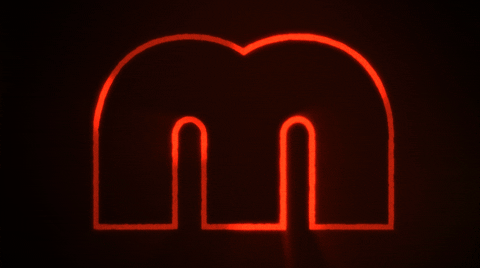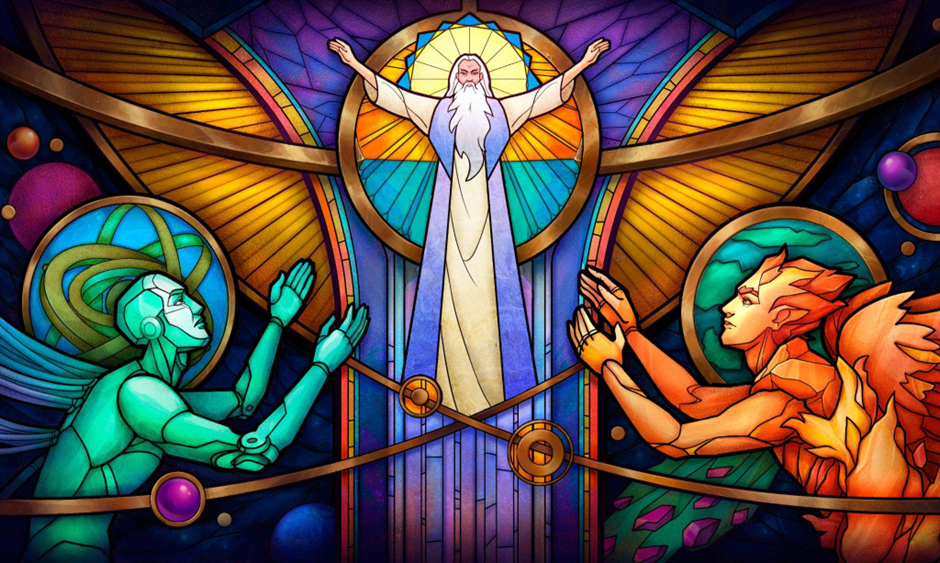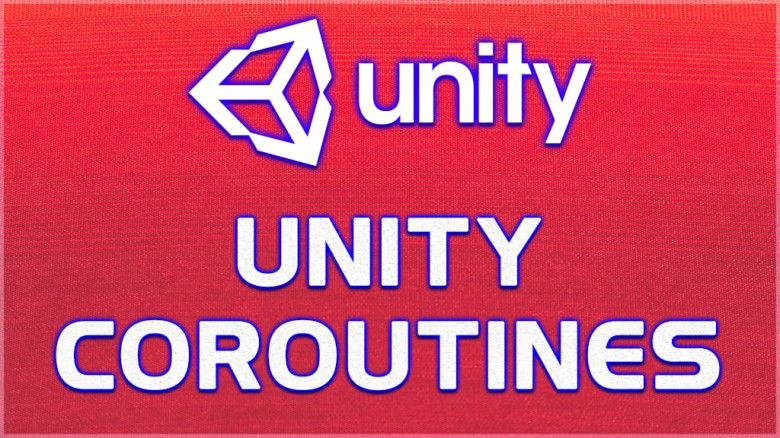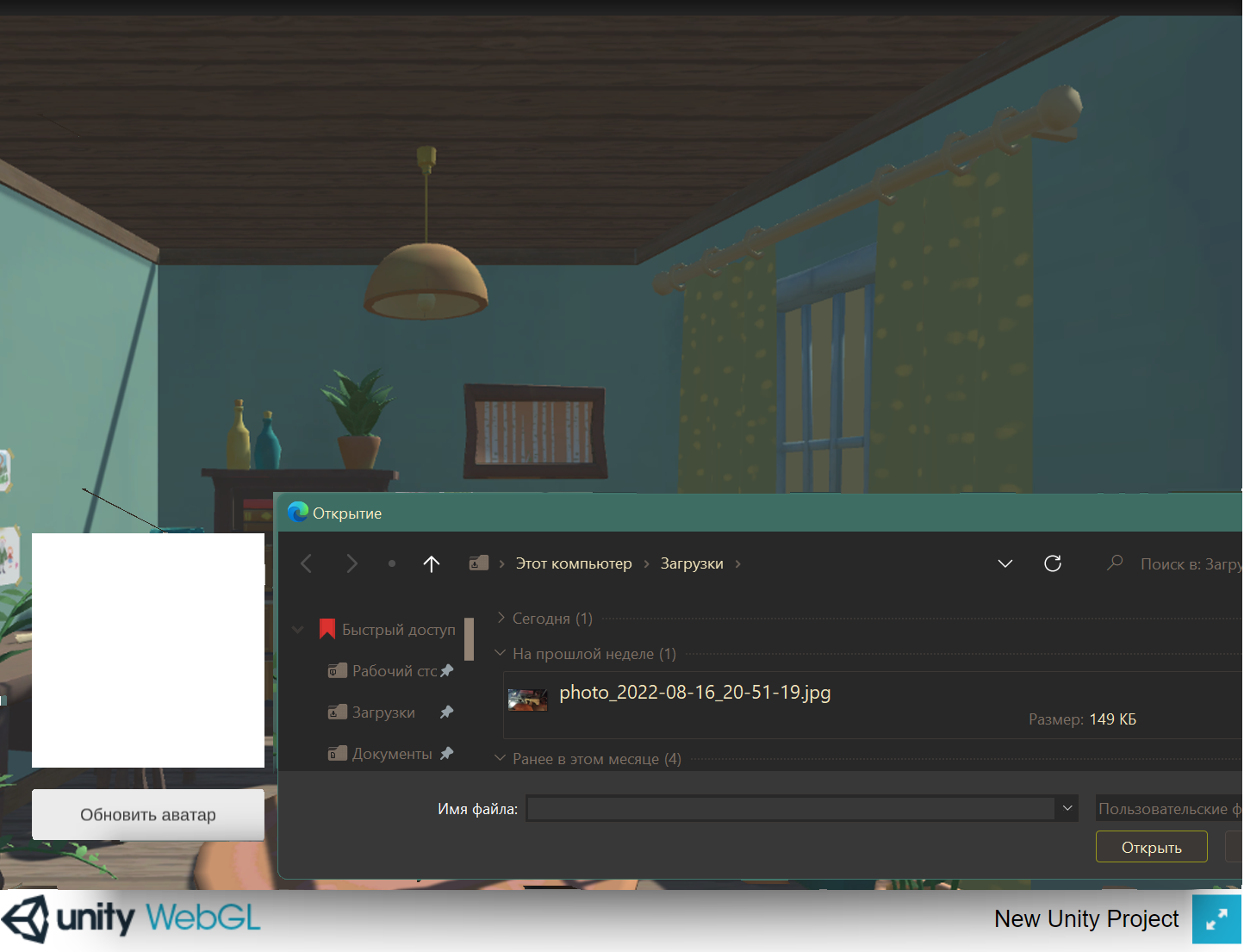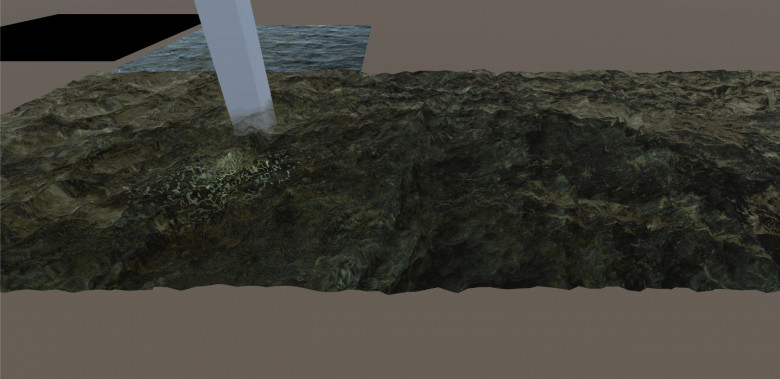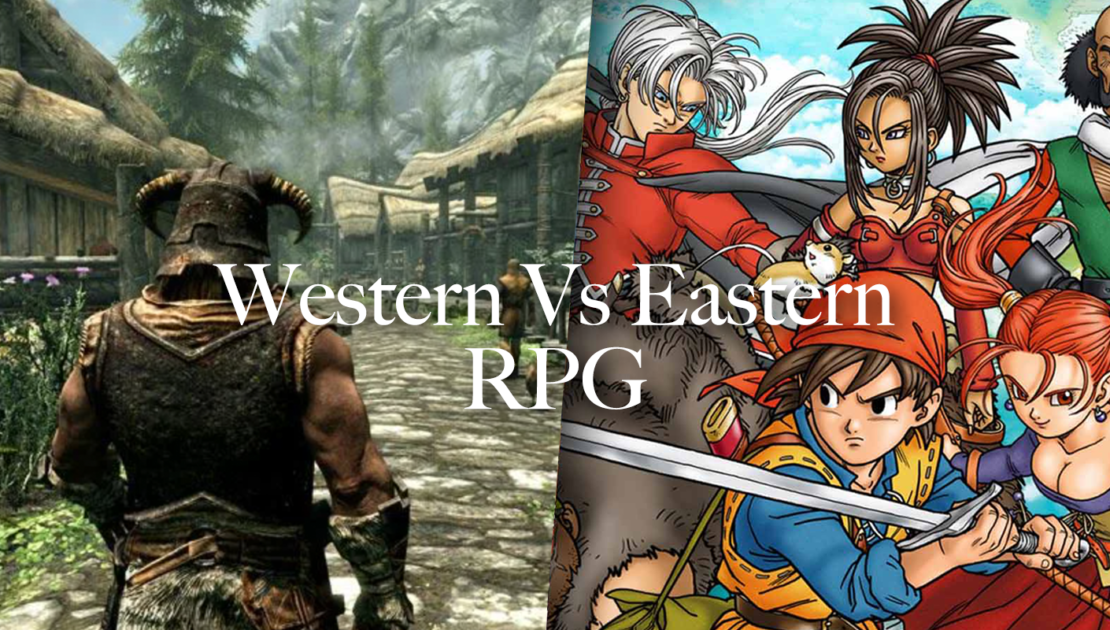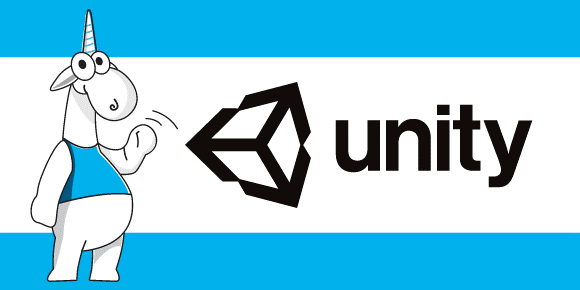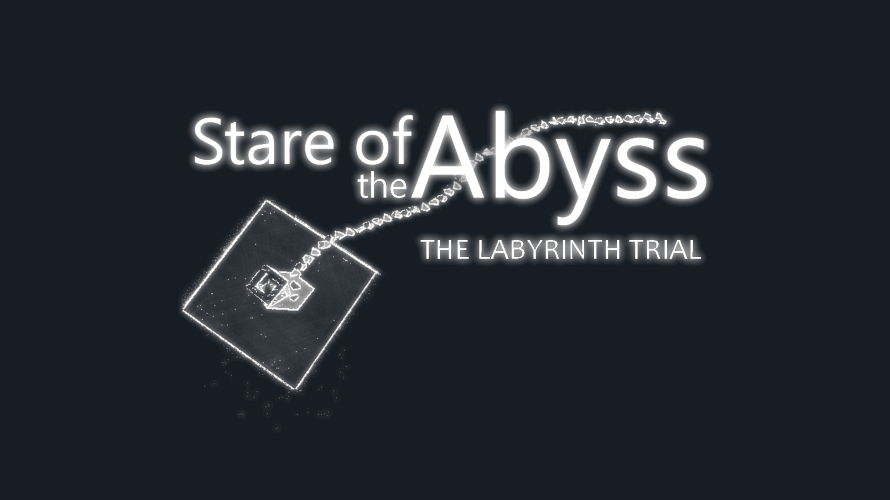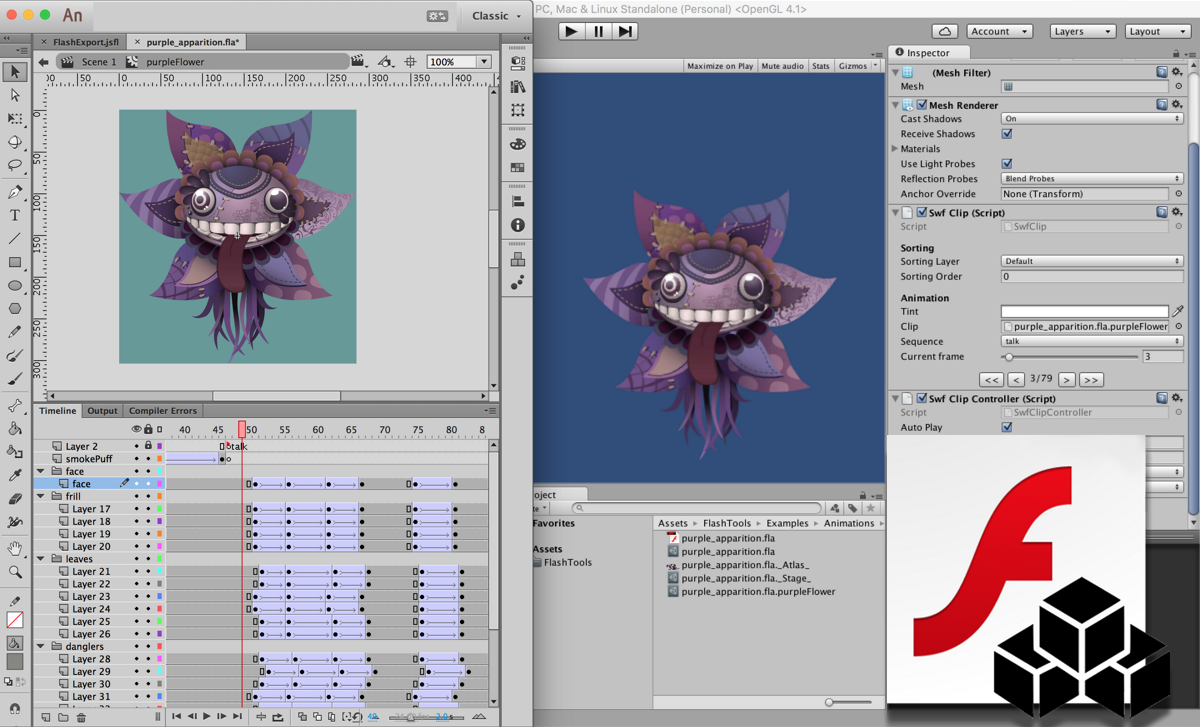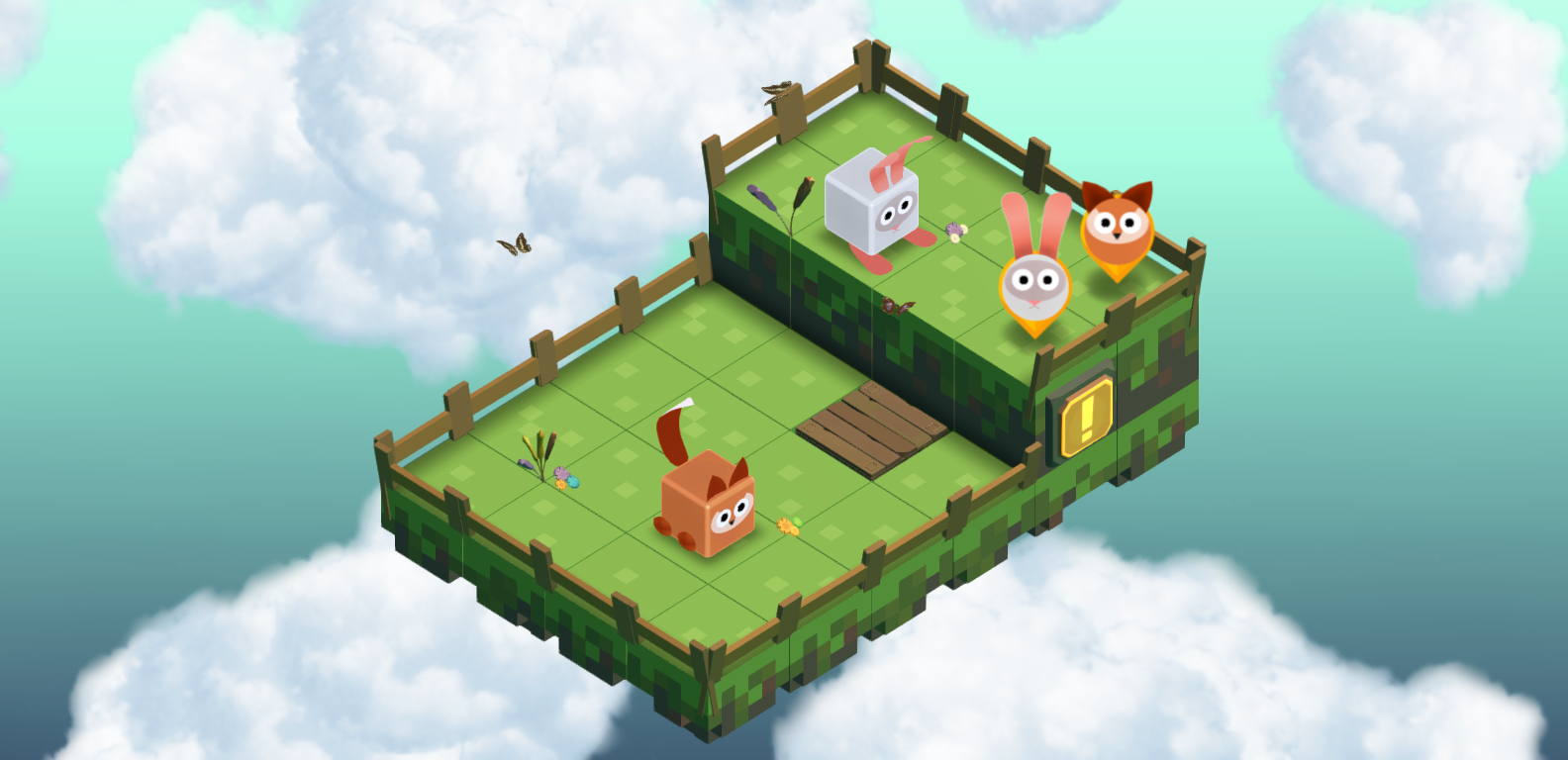How to create UI/UX design for AI chatbots: a few simple tips

With the rising popularity of AI, chatbots are rapidly becoming an essential part of any customer-oriented platform. More and more companies now integrate them into apps and websites, providing a space for their clients to interact with the business itself while taking load off human employees and reducing expenses on the customer support team. At first glance, chatbots might seem pretty uncomplicated in their design and functionality, but creating UI/UX design for chatbots requires a deep understanding of this technology and the way they can serve both business and its users. Here are some useful tips for creating a successful user experience in AI chatbot:


